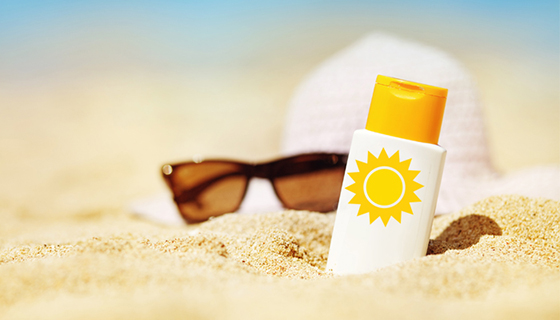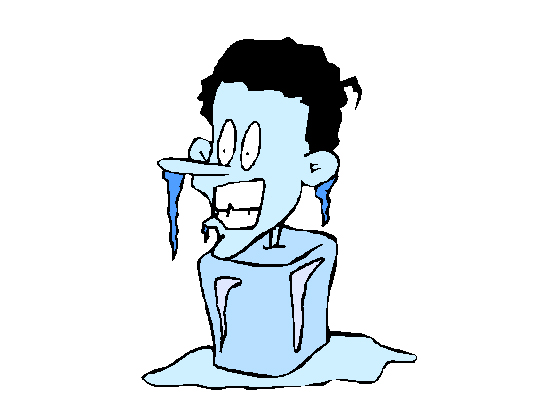It's that time of year where the weather becomes warmer and the beaches more inviting. Unfortunately not every visit to the beach ends with a smile. According to Royal Life Saving 280 people drowned in Australian waters last year. As a surf school we cannot stress enough how important it is to learn about the ocean and the surfing environment.
Therefore we want to provide you with a comprehensive knowledge split into two parts:
Personal Surfing Safety
Surf Hazards
Let's have a closer look at personal surfing safety.
According to the ASI your personal surfing safety consists of 7 key points.
1. SWIMMING SKILLS
Be honest with yourself when it comes to your swimming abilities. If the waves are too big or the currents are too strong rather stay out of the water.
2. SELF RESCUE
In case you struggle in the water and you are in need for help try to attract the attention of the lifeguards or other beach visitors. Rather get help early before you are too exhausted. If you need help wave one arm to and from above your head which is the lifesaving signal for requiring assistance.
Remain with your gear (surfboards, body boards etc.) if possible and stay calm until help arrives.
image source: http://dmd.com.eg/article/60-How_to_Save_a_Drowning_Person
3. FITNESS
Swimming and surfing are tiring physical activities. Fitness can improve your confidence in water and also provide with the strength and endurance to get yourself out of dangerous situations.
4. SUN SAFETY
The sun can be very strong on the beach, especially in the water. The ultraviolet rays can cause serious sunburn and the sun is usually the strongest between 11am and 3pm.
To avoid sunburn:
Wear sunscreen on all exposed parts of your body. Re-apply regularly.
Wear protective clothing (e.g. rash vest)
Wear hat and sunglasses when watching the surf
Be especially careful between the hours of 11am and 3pm
The Sunsmart app is a great resource to stay aware of the UV rating and to keep you safe in the sun.
http://www.advanced-dermatology.com.au/sun-safety-guide
5. DEHYDRATION
Before entering the water drink enough non-alcoholic fluids to make sure you don’t become dehydrated. Also take enough water with you if you intend to stay on the beach for a long time.
6. HEAT EXHAUSTION AND HEAT STROKE
When exposed to the hot sun and hot climates heat exhaustion and heat strokes are possible dangers. Usually your body cools itself down through sweat evaporating. In humid climates evaporation of sweat is slower due to the amount of moisture in the air.
image source: https://thenpmom.wordpress.com/2012/06/08/its-so-hot-heat-stroke-and-heat-exhaustion/
Symptoms of heat exhaustion:
Warm pink skin
Sweating
Vomiting
Cramps
Confusion
Headaches
Symptoms of heat stroke:
Hot dry pale skin
Not sweating
Sudden collapse
Aggressiveness
Restlessness
Having a fit
Treatment for both:
Get into shade or cool place
Cool yourself with water or fanning
Drink water
Seek medical aid if necessary
7. HYPOTHERMIA
image source: https://thearmageddonblog.com/2011/06/26/hypothermia/
The opposite of heat stroke and heat exhaustion is hypothermia which occurs when your normal body temperature of 37 degrees celsius drops below 35 celsius.
The ocean is always cooler than your body temperature so without any protection you will always lose body heat. The amount of body heat you lose depend on a number of factors:
The time you are immersed in the water
The water temperature and wind
The amount of protective clothing or body fat
The level of activity. The less activity, the quicker the loss of body heat
The effect of drugs such as alcohol which increases the loss of body heat
When you feel cold or start to shiver exit the water and seek shelter from wind.
Keeping yourself safe at the beach means a more enjoyable summer. So keep these in mind next time you get in the water.



















